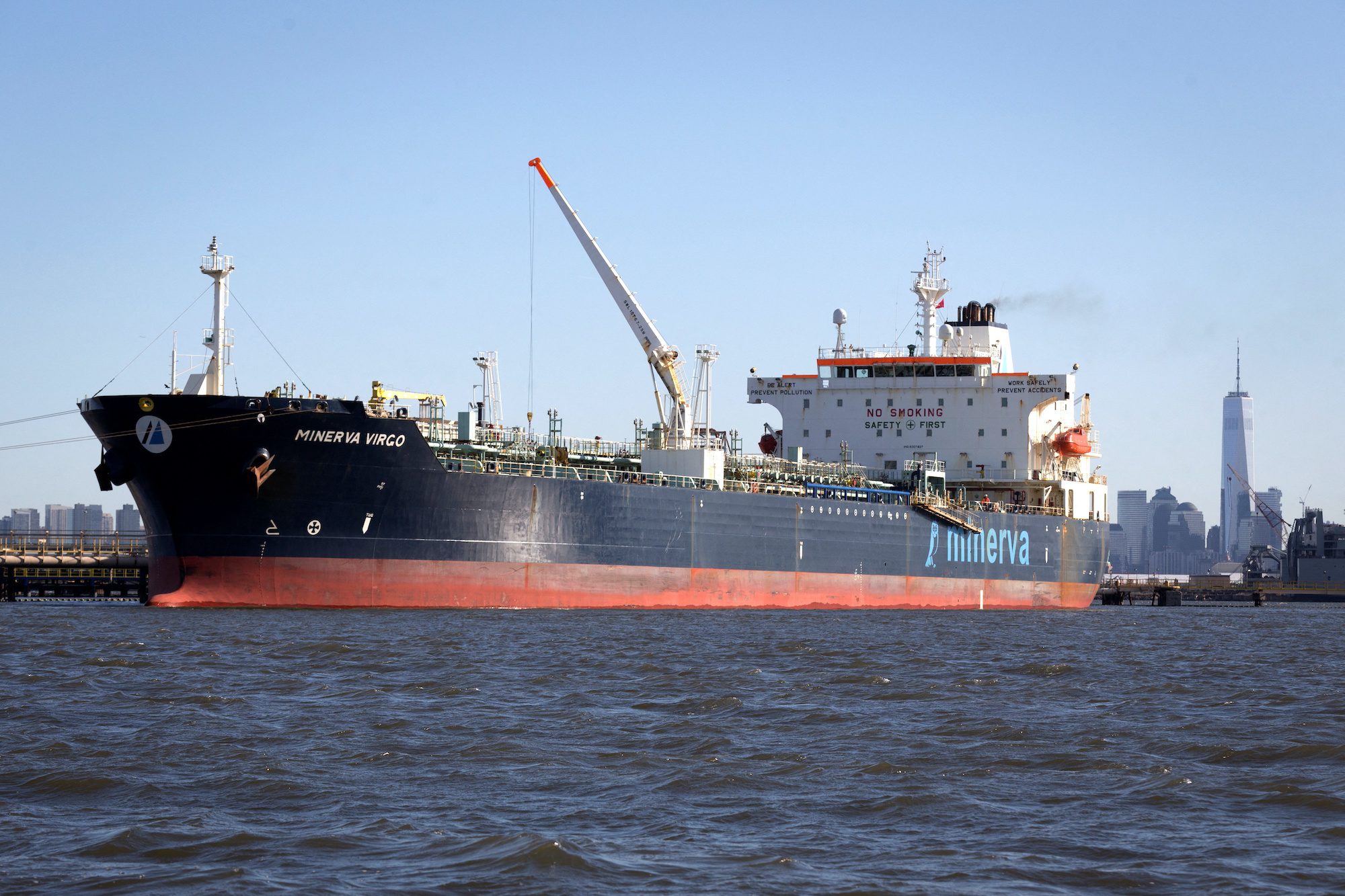China Snaps Up Distressed Russian Oil Cargoes Shunned by India
Chinese refiners are snapping up Russian oil that India is shunning, helping Moscow to overcome a dip in purchases by the country that’s normally its biggest buyer of seaborne barrels.

Russian exports of crude oil and refined products—what the major flows are (that’s the easy part), and also the geopolitics that attach to them (that’s the hard part)—have been top of mind for shipping people during the past month.
A podcast from the Columbia Energy Exchange (tied to the Center on Global Energy Policy, or CGEP, at Columbia University) titled “Making Sense of Soaring Oil Prices”, provided exceptional insights into the current situation and offered insights into what might lie ahead.
Dr. Jason Bordoff, the boss at CGEP, interviewed renowned energy expert Ed Morse. Dr. Morse is the Managing Director and Global Head of Commodity Research at Citigroup and has decades of working at the top levels of the oil industry, both in government and finance (and some academic and consulting work as well).
“There is no energy crisis at the moment,” Dr. Morse said. Statistics on oil and products moving by sea sometimes need clarification, with Dr. Morse explaining that “The rumors of three weeks ago that 2 million barrels per day (mbd) was off the market turned out to be incorrect.”
In the podcast, he set the record straight, starting with 2 mbd of Russian refined products exports, “virtually all of which is sold on a seaborne basis” and about 5 mbd of crude exports (moves to Caspian countries netted out), half of which is sold seaborne.
These roughly 2.5 mbd of crude oil movements by sea originate in the Baltic at Primorsk and Ust-Luga (approx. 1.55 mbd total for both ports), at Black Sea ports including Novorossiysk, and Kozmino (near Vladivostok, on the Sea of Japan). Self-sanctions and actual sanctions on Russian oil aside (U.S. measures take effect April 22 and U.K. sanctions at year end), the statistics on Russian energy exports were surprising. Dr. Morse cited recent March statistics, saying that “Now that we have data through the middle of this week, it turns out that, on a daily average basis, seaborne exports out of those ports is a little higher than the average during January and February.”
It gets better. “The concerns that are now in the market about ‘lost crude’ are because the shipments have now gone underground.” He explained, “We no longer have auctions, we no longer know who’s bidding in the auction,” citing difficulties in linking shipments to actual oil buyers.
Speaking the day before U.S. President Joe Biden’s meetings in Brussels, when widespread governmental sanctions on Russian oil were not in effect, Dr. Morse said, “We don’t know of any liftings, after the middle of March…and what’s going to happen when we get to April…who’s going to be buying the crude…but there are people buying the crude, and they are putting it to use…there are cargoes being shipped.”
For sure, ship trackers will be very busy in the coming months.
After listening to the Columbia Energy Exchange podcast, I have visions of how tanker dynamics could evolve (again, this is written just prior to President Biden’s European Union, G7, and NATO meetings).
Dr. Morse did not delve into details of tanker shipments, but ship-to-ship (STS) transfers, an easy way to “lose” the crude, were discussed. Analogies were drawn to movements of Iranian oil, highly sanctioned, with Dr. Morse talking about buyers of oil transferred onto a tanker at Fujairah. He explained: “As Iranian crude gets stored at Fujairah, and then gets blended into somebody else’s crude, and then gets shipped into the marketplace, nobody really knows how much Iranian crude they are buying…just as when you have a ship to ship transfer, you don’t know…how much of that is Iranian crude, and how much is a mixture of someone else’s crude.”
On the Russian situation, he said, “we don’t yet have visibility on ship to ship transfers, but you can more or less assume that they are going to happen.” He linked such purchases to big discounts on sanctioned oil (“Urals” oil shipped out of Baltic Sea ports, in reality a blend, has seen discounts exceeding $30/barrel to the Brent marker prices), saying “When you get that incredible discount, you have an incentive, if you are the right kind of buyer, to store it someplace, hold it in storage, and… you can resell it (at a certain quality crude)…without noting what the origins are.”

Sign up for gCaptain’s newsletter and never miss an update

Subscribe to gCaptain Daily and stay informed with the latest global maritime and offshore news
Essential news coupled with the finest maritime content sourced from across the globe.
Sign Up